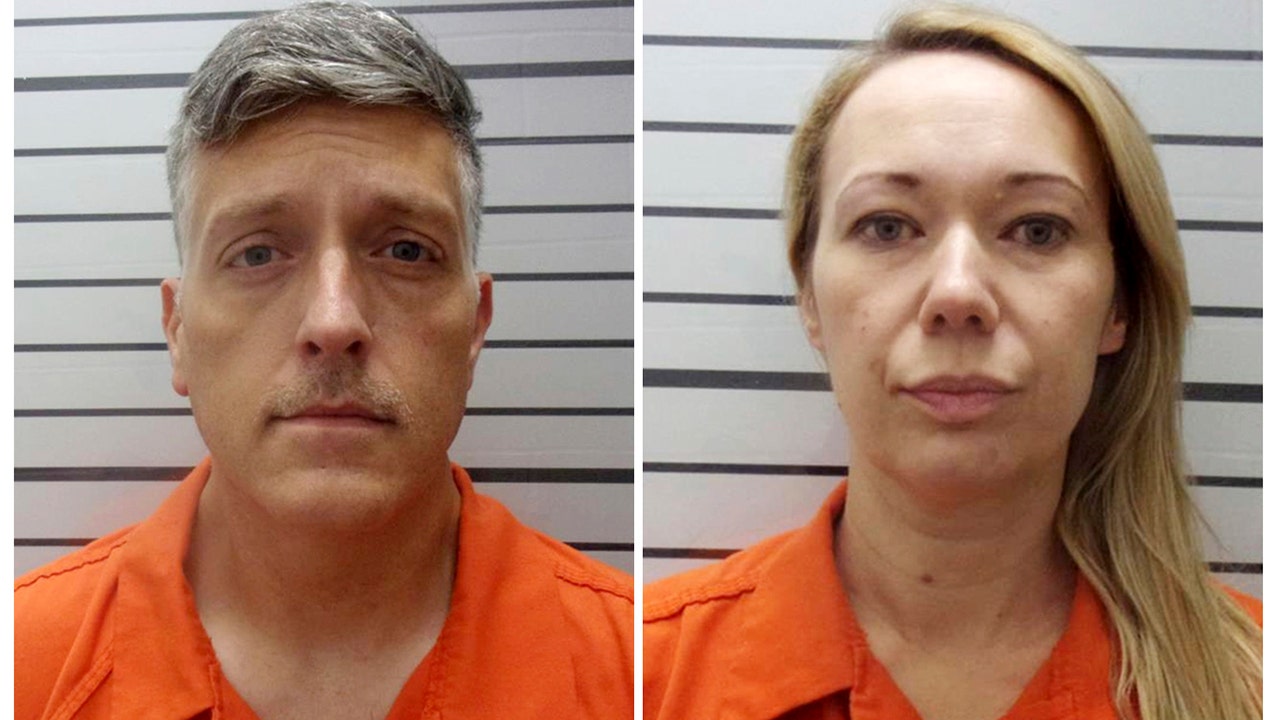Election polling continues to forecast a tight race between Vice President Kamala Harris and former President Donald Trump, but within corporate America, top executives are preparing for Harris to become the next president of the United States, according to a new CNBC survey of C-suite executives across the economy.
A majority of chief financial officers (55%) say Harris will win the election, according to the Q3 CNBC CFO Council Survey. That’s a reversal from the prior CFO survey in Q2 (when President Joe Biden was still the candidate) and a majority of CFOs (58%) believed Trump would win. About a third of CFOs (31%) now say Trump will win, while 14% remain unsure of the election outcome. In the Q2 CFO survey, 29% of executives said they were unsure who would win.
More in the business world are gravitating to a belief that Harris will prevail, with another recent CNBC survey of top economists and money managers also seeing this election result as the most likely outcome.
The majority belief that Harris will win comes despite an equal majority of CFOs (55%) telling the survey that Trump is better on inflation and for the economy. Only 17% of CFOs said Harris had a better plan for the economy. Inflation and interest rates (38%), followed by tax policy and regulation (both at 24%) were the issues CFOs taking the survey cited as most important to their companies. Trade and tariffs policy, which is a key talking point of Trump and some economists say will lead to higher inflation, was only cited by 7% of CFOs.
The CNBC CFO Council Survey was conducted between Aug. 19 and Sept. 19, a period which included the presidential debate. The survey is a sampling of views from CFOs at large organizations, with 31 chief financial officers responding to the Q3 survey.
CFOs expect government to remain divided after the election, with nearly three-quarters (74%) of respondents saying that Capitol Hill will be split. Forty-five percent of CFOs predict the Democrats will keep control of the Senate and the GOP keeps control of the House, while another 29% expect a flip in control between parties, but the Hill to remain divided.
This week, both candidates have been pressing their case on the economy, with Trump dangling new tax incentives for corporations and Harris attempting to sharpen her economic message in a speech to the Economic Club of Pittsburgh and an interview with MSNBC’s Stephanie Ruhle on Wednesday evening.
The CFO belief that Trump is better on the economy matches the former president’s lead in most polls on the issue, though Harris has been able to reverse that trend in some recent polling.
On Wednesday, the Harris campaign released an 82-page economic blueprint extending her consistent messaging about an economy designed for middle-class opportunity. In her speech to the Economic Club of Pittsburgh on Wednesday, Harris discussed tax credits for companies that offer union jobs in manufacturing town industries, like metals including steel, and also attempted to distance herself from GOP efforts to cast her as an extreme member of the left on the economy. “I believe that most companies are working hard to do the right thing by their customers and the employees who depend on them,” Harris said. “We must work with them to grow our economy.”
Harris has called for higher corporate taxes, though not as high as Biden has pushed, as she tries to find a middle ground between his economic policies and a plan that will have more centrist appeal. Trump has vowed to cut corporate taxes to as low as 20%, lower than the level of the 2017 Tax Cuts and Jobs Act his administration passed.
In her interview with Ruhle on MSNBC on Wednesday night, Harris said: “I’m not mad at anybody for being rich, but they should pay their fair share — but tax cuts for the billionaires and the top corporations in our country, and then not really paying much attention to middle-class families. My perspective on the economy is, when you grow the middle class, America’s economy is stronger.”
Harris has attracted some high-profile support from within the business community, with billionaire Mark Cuban becoming something of an economic spokesman for her campaign in recent weeks, and telling CNBC during a recent interview, “Kamala Harris is pro-business. Kamala Harris is not Joe Biden. They are very, very different. She talks a little bit around the subject when it comes to taxes, in particular, but she is going center, 100%.”
A group of more than 80 corporate leaders, predominantly former top CEOs, recently released a letter endorsing Harris.
Harris stressed her relationship with big business in the Ruhle interview, saying she has “spent a lot of time with CEOs. And I’m going to tell you that the business leaders who are actually part of the engine of America’s economy agree that people should pay their fair share. They also agree that, when we look at a plan such as mine, that is about investing in the middle class, investing in new industries, investing in bringing down costs, investing in entrepreneurs like small businesses, that the overall economy is stronger and everyone benefits.”
In a speech on Wednesday in Georgia, Trump focused on an economic issue that is key to CFOs and corporate finance: research and development expenses. Trump said he would expand R&D tax credits allowing U.S.-based operations to fully expense costs in the first year of operation. The issue has been a key lobbying effort on Capitol Hill for the corporate sector after the 2017 tax cuts phased out traditional R&D tax credits.
Efforts to bring back full expensing of R&D, paired with a Democratic push for expanded child tax credits, have had fairly wide bipartisan support among legislators, but not enough votes to see new legislation through both the House and Senate across multiple attempts in the past few years supported by Biden as well as some high-ranking GOP members on the Hill, including most recently a failed effort in August.
Several CFOs responding to the survey specifically cited the R&D tax expense issue when discussing their tax priorities in relation to the Tax Cuts and Jobs Act, which is set to expire in 2025. The survey also found CFOs citing the construction of new factories and facilities, and increasing R&D spending, as top priorities for capital expenditures in the next year.

Read the full article here


















